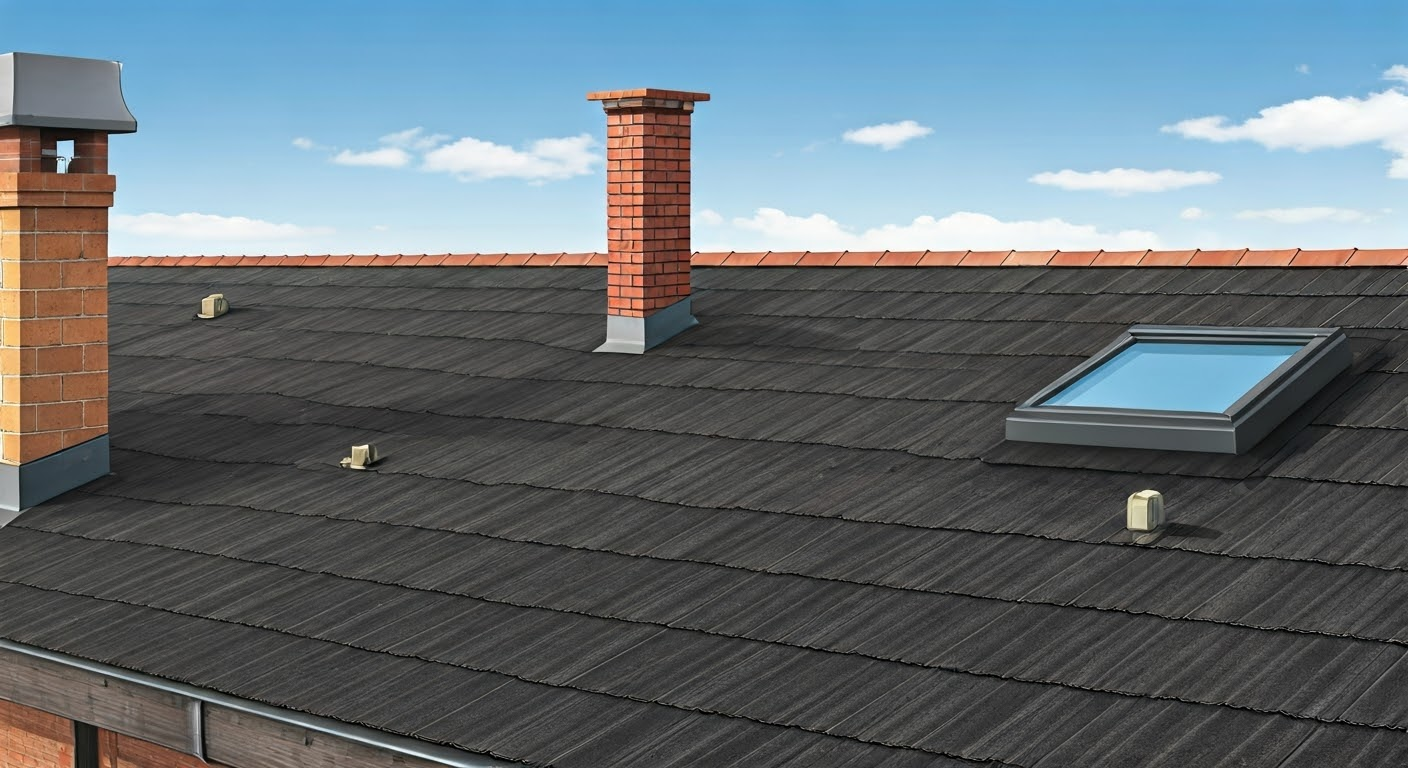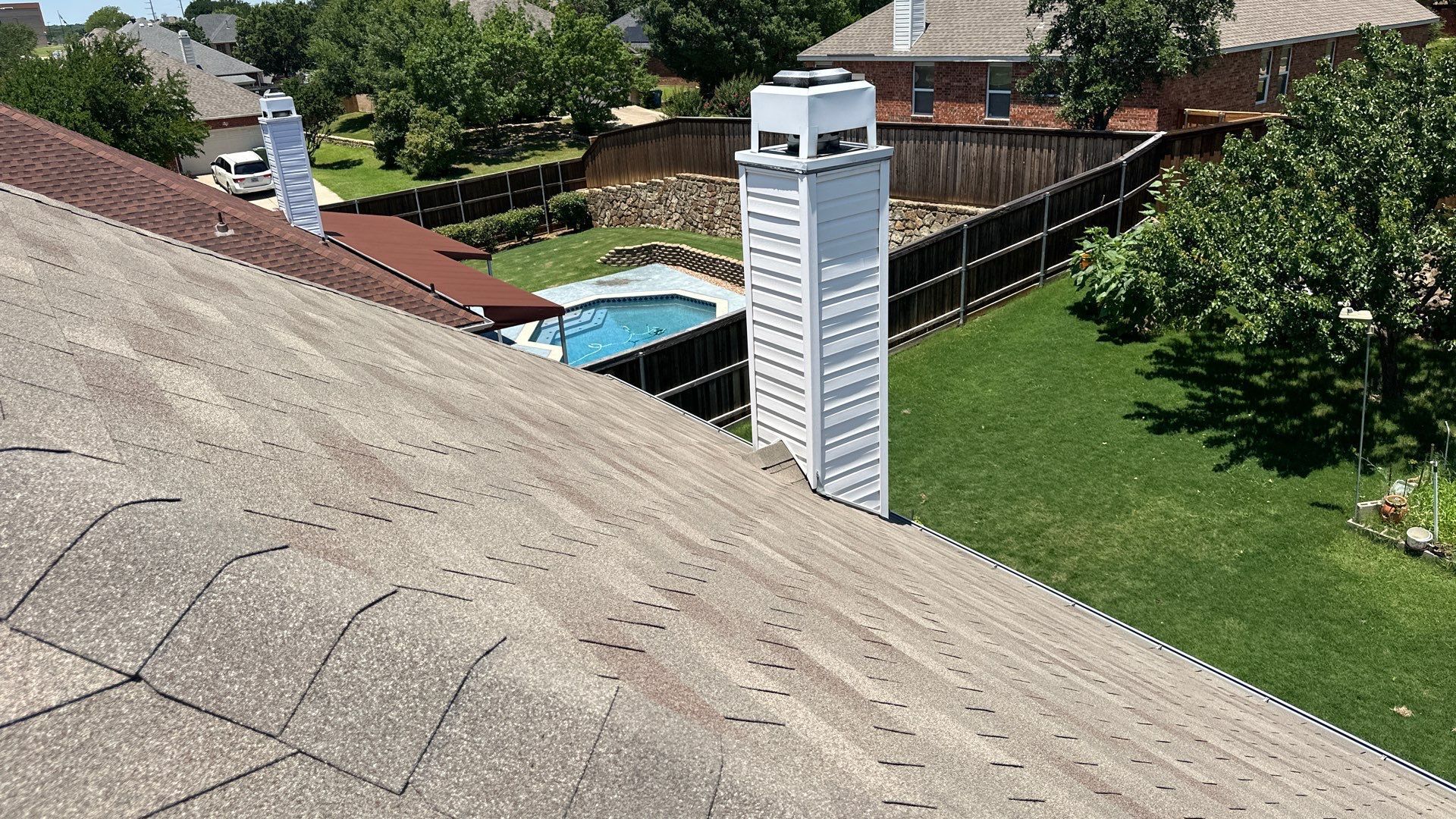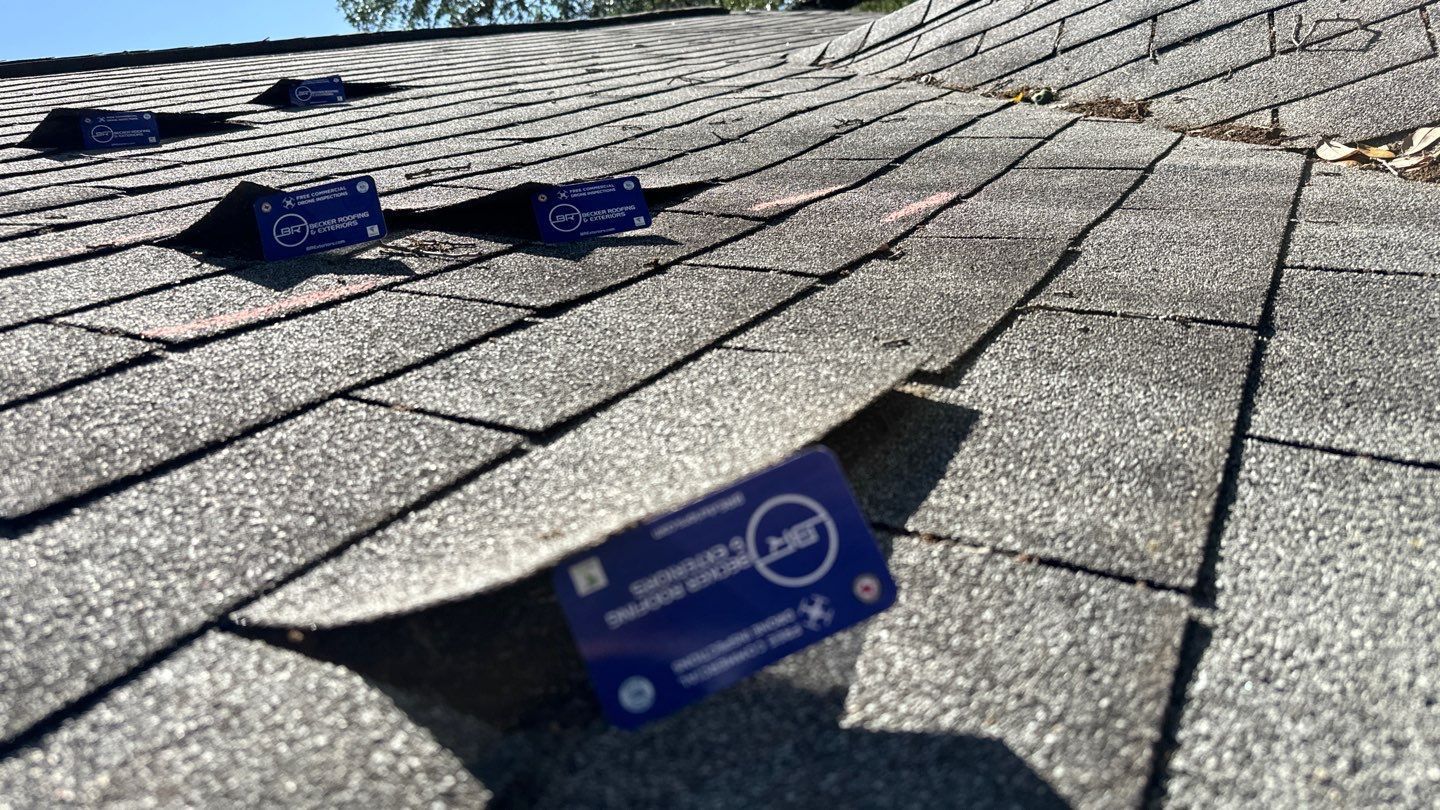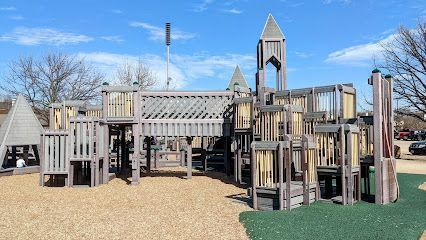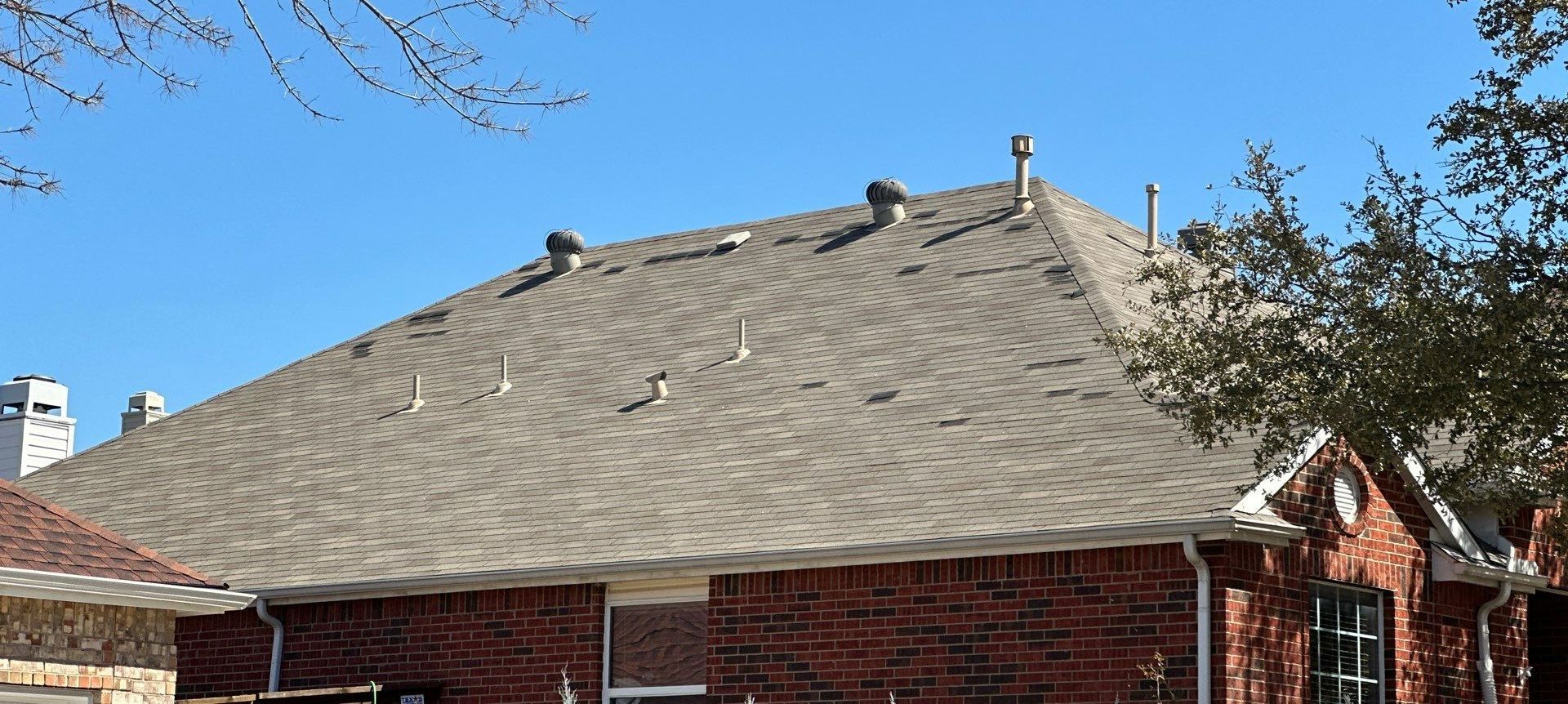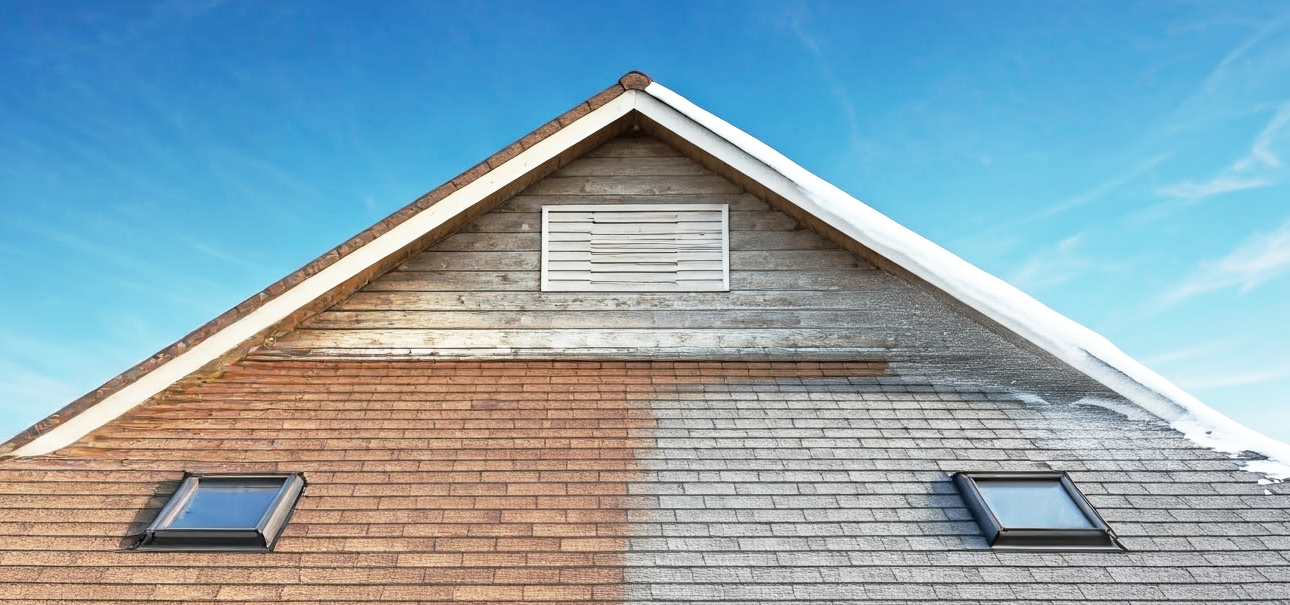Flat Roof vs. Pitched Roof: Which is Best for Your Property?
Flat vs. Pitched Roof Materials Comparison
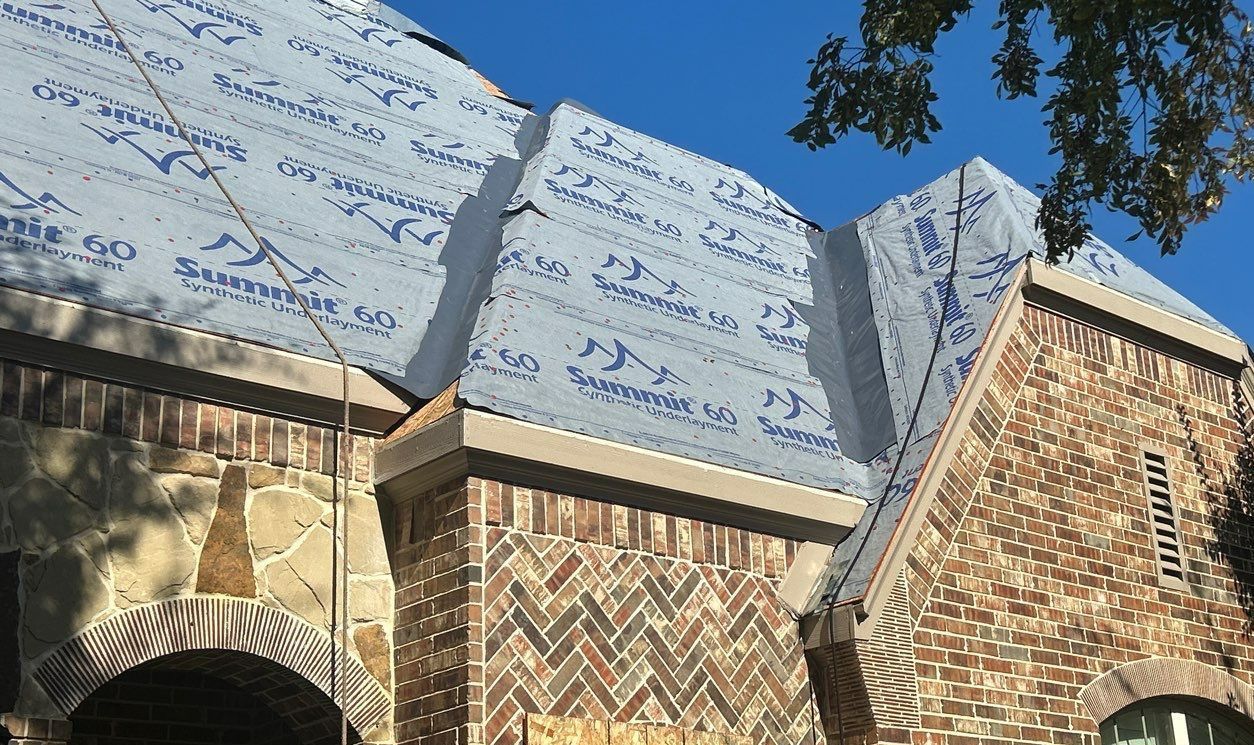
Key Highlights
- This blog post explores the differences between flat and pitched roofs, guiding you toward the best materials.
- We'll cover popular options for each roof type, their lifespans, and warranty considerations.
- Discover how climate impacts roof choice and explore the durability of various roofing materials.
- Learn about eco-friendly roofing solutions and how material choices influence property value.
- This guide is designed to empower you with the knowledge to make an informed decision for your next roofing project.
Introduction
Choosing a new roof is a big decision for homeowners or property managers. It is important for the lasting quality and worth of your property. With so many choices, it can be hard to decide. At Becker Roofing and Exteriors, we focus on great customer service. We want to help you find the right roofing solution. Our goal is to give you the information you need to make a good choice. This way, you can feel at ease for many years.
Understanding Roof Types: Flat vs. Pitched
Before we compare materials, let’s outline the two main types of roofs: flat and pitched. Despite the name, flat roofs have a slight slope. This slope helps with water drainage. Flat roofs are often found in commercial roofing. They provide benefits, including extra usable space and better energy efficiency.
Pitched roofs have a steeper angle. This design creates space for an attic and helps water and debris slide off easily. Pitched roofs are classic and offer more design options. They usually match the style of homes better. The first step in choosing the right materials is to identify your roof type.
Characteristics of Flat Roofs
Flat roofs are common in commercial roofing projects. They are known for being practical and cost-effective. Their flat surface lets you use the space well, which is great for rooftop gardens or placing HVAC equipment. For roofing services, flat roofs are usually easy to reach for maintenance and repairs.
However, flat roofs need special materials and installation methods to help with drainage. If water collects on the roof, it can cause leaks and damage over time. It's important to pick the right roofing materials and trust skilled contractors to make sure flat roofs last longer. Regular checks and quick repairs are important to avoid bigger problems down the road. When property owners understand what flat roofs need, they can make better choices about caring for them.
Characteristics of Pitched Roofs
Pitched roofs are admired for how they look and how well they get rid of rain and snow. This makes them a favorite in places with a lot of rain or snow. Their sloped shape helps move water away from the building. This reduces the chance of leaks and water problems. The space in the attic from a pitched roof also helps with insulation, which makes homes more energy-efficient.
However, pitched roofs can be more vulnerable to strong winds and storms. This is because they have a larger surface area exposed to the elements.
To keep them in good shape, checking the roof regularly is important. This helps spot any loose shingles or problems with the structure early. On top of that, the complicated design of a pitched roof can lead to higher installation costs when compared to flat roofs. Looking at the pros and cons of pitched roofs helps homeowners decide if they are the right choice for their needs and location.
Material Selection for Flat and Pitched Roofs
Choosing the right roofing material affects how long a roof lasts, how well it works, and how it looks. For flat roofs, popular choices are built-up roofing (BUR), modified bitumen, TPO, and PVC. These materials are strong, water-resistant, and flexible. They work well for the specific needs of flat roofs.
Pitched roofs have more material options. These include asphalt shingles, metal roofing, slate, tile, and wood shakes. Each type has its own pros and cons. These can be about how long they last, their cost, how much maintenance they need, and how they look.
Popular Materials for Flat Roofs
Choosing the right roofing materials for your flat roof is very important. It helps keep the roof lasting longer and working well. In the Fort Worth area and the larger DFW metroplex, some materials have shown to handle the local weather really well. Here are some popular options:
- Built-Up Roofing (BUR): This proven choice has layers of asphalt, felt, and gravel. It offers great waterproofing and is very durable.
- Modified Bitumen: This roofing system uses asphalt mixed with polymers. It is more flexible and can handle changing temperatures better.
- TPO (Thermoplastic Polyolefin) and PVC (Polyvinyl Chloride): These membranes reflect heat well and are energy-efficient. They also resist UV rays and punctures, making them a common choice in the DFW area.
When installed and cared for the right way, these materials can give you many years of dependable service for flat roofs in the Fort Worth region.
Popular Materials for Pitched Roofs
Pitched roofs have a sloped design. This design gives homeowners more choices for roofing materials. Each of these materials has its own features. When picking the best one for your home, you should think about how long it will last, the price, how much maintenance it needs, and how it looks. Hiring good roofing contractors is important. They will install your roofing correctly and help it last longer. Here are some popular options:
- Asphalt Shingles: This is a cheap and common choice. Asphalt shingles are durable and come in many styles and colors.
- Metal Roofing: Known for lasting a long time, metal roofing is also fire, wind, and insect resistant. It has become more popular recently.
- Slate and Tile: These are high-quality materials. They are very durable and have a classic look, but they can be more expensive.
By thinking about the pros and cons of each type of roofing material, homeowners can choose what's best for their needs. This will help them get a roof that looks good and lasts a long time.
Longevity and Maintenance: What to Expect
Knowing how long your roofing materials will last and how to take care of them is important for planning your budget. Good maintenance can help your roof last longer and avoid expensive repairs or early replacements. Checking your roof regularly and keeping it clean can help find small problems before they turn into big ones. Things like the local weather, the quality of the materials, and the skill of the workers also affect how long your roof stays good and how well it works.
Lifespan of Flat Roof Materials
Investing in strong roofing materials for your flat roof is important. However, you should know that even the best materials do not last forever. Different things, like the weather, sun damage, and how you take care of your roof, can affect how long it lasts. Checking your roof regularly and doing repairs quickly can fix small problems before they turn into big ones. This helps extend the life of your flat roof.
Built-up roofing (BUR) usually lasts about 15 to 20 years. Modified bitumen roofs can last 20 to 30 years. TPO and PVC roofing systems are known for being tough and saving energy. These types can also last 20 to 30 years or more with good care.
Keep in mind that these lifespans are just estimates. It’s best to get a thorough evaluation from a roofing expert to find out how much life is left and the overall state of your current roof.
Lifespan of Pitched Roof Materials
The life of your pitched roof mainly depends on two things: the material you choose and how well it is installed. Some materials last longer than others, but good workmanship is needed for a roof that can withstand tough weather and last a long time. Regular check-ups and maintenance can help your roof last even longer.
For example, asphalt shingles are cheaper and usually last about 15-30 years. Architectural shingles are thicker and last longer, often between 25-30 years or more. Metal roofing is very durable and can last between 40-70 years. Slate roofs, known for their beauty, can last up to 100 years or more. When picking a material for your pitched roof, think about your budget, how long you want the roof to last, and how it looks. This will help you make a smart choice that fits your long-term needs.
Warranty Considerations for Roofing Materials
Warranties help protect your investment. They cover problems with materials or workmanship. It's important to know the rules and limits of your warranty. This will help you understand your rights as a homeowner. When you look at different warranties, check these things: the coverage period, what it covers, and if it can be transferred to a new owner. Warranties that last longer usually show that the materials are of higher quality. They also give you more peace of mind because you’re protected from unexpected issues.
Evaluating Warranties: Flat Roof Options
Navigating the world of roofing warranties can feel daunting, especially when comparing different flat roof options. Understanding the nuances of each warranty can help you make informed decisions that offer the best protection for your investment. Remember that manufacturer warranties often vary based on the contractor's credentials and installation practices.
Here's a simplified comparison table to highlight key warranty aspects:

Evaluating Warranties: Pitched Roof Options
Warranties for pitched roofs can be very different. This difference depends on the manufacturer, the product line, and the installer's skills, just like with flat roofs. When you look at roofing estimates, focus on warranty details. These details can affect the value and protection of your investment in the long run. It’s important to know what valid insurance claims are. This is especially true in areas that often get hail damage or face severe weather.
For example, asphalt shingle warranties usually last between 20 to 50 years. Higher-quality architectural shingles often provide longer warranties. Metal roofing warranties typically range from 30 to 50 years. Some brands even offer a lifetime warranty. Slate and tile roofs are known to last a long time and may have warranties up to 50 years or even a lifetime. Keep in mind that having a solid warranty is not enough. Proper installation and regular maintenance are key. They make sure your roof works well and stays covered.
Conclusion
Understanding the differences between flat and pitched roofs is important. This helps you make better choices for your property. Flat roofs are easy to access and usually cost less. On the other hand, pitched roofs are great for drainage and have various material choices. Think about how long each type lasts, how much maintenance it needs, and the warranty when deciding which roof to choose. Whether you select traditional pitched materials like asphalt shingles or modern flat options like EPDM rubber, focus on durability and being eco-friendly. This will increase the value and sustainability of your property. Choose a roof that fits your needs and matches your climate for a safe and lasting solution. If you need a roofer to take a look or provide a second opinion, check out our Fort Worth roofing company Becker Roofing and Exteriors!
Frequently Asked Questions
What are the most durable materials for each roof type?
In the tough Texas weather, strong materials like modified bitumen, TPO, and PVC are great options for flat roofs. For pitched roofs, metal, slate, and tile provide long-lasting quality in the Fort Worth area and other places.
How do warranties differ between flat and pitched roof materials?
Warranty coverage can change based on the material, manufacturer, and installer. If you become a preferred contractor with companies like Owens Corning, you can get longer warranties. This can give you peace of mind for your roofing project.
Can material affect the overall property value?
Yes, materials that last long and look good, like metal, slate, or tile, can boost your property value. They improve its appearance from the street, which can give you a good return on investment.
Are there eco-friendly options for both roof types?
Yes, options like TPO roofs that reflect sunlight or green roofs with plants can make your building use energy better. They can also lessen the harm you do to the environment.
How does climate impact the choice between flat and pitched roofs?
Climate has a big effect on how roofs are designed. Pitched roofs work well in places that get a lot of rain. On the other hand, flat roofs are better for warmer areas.


